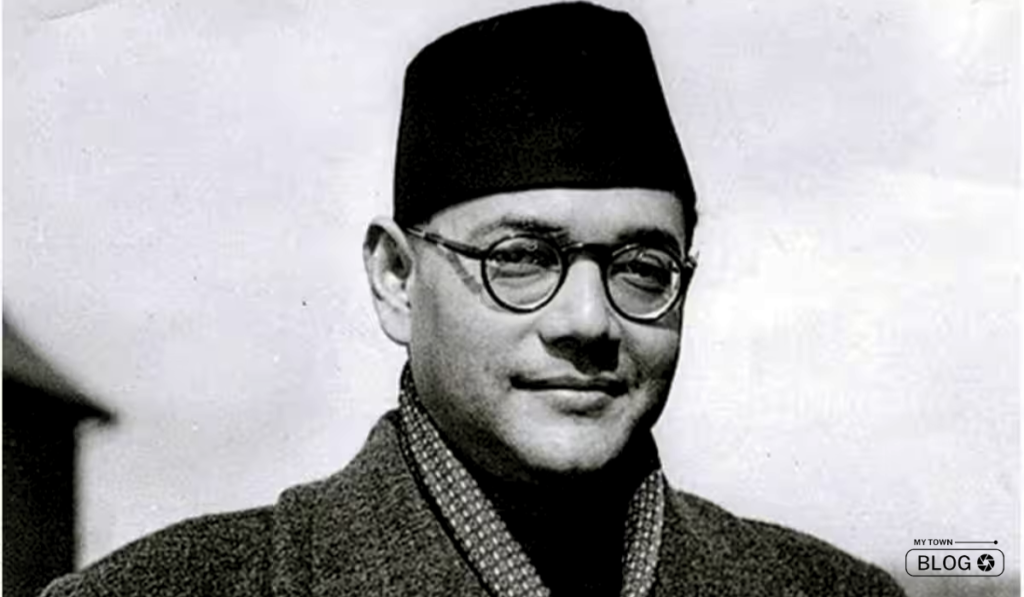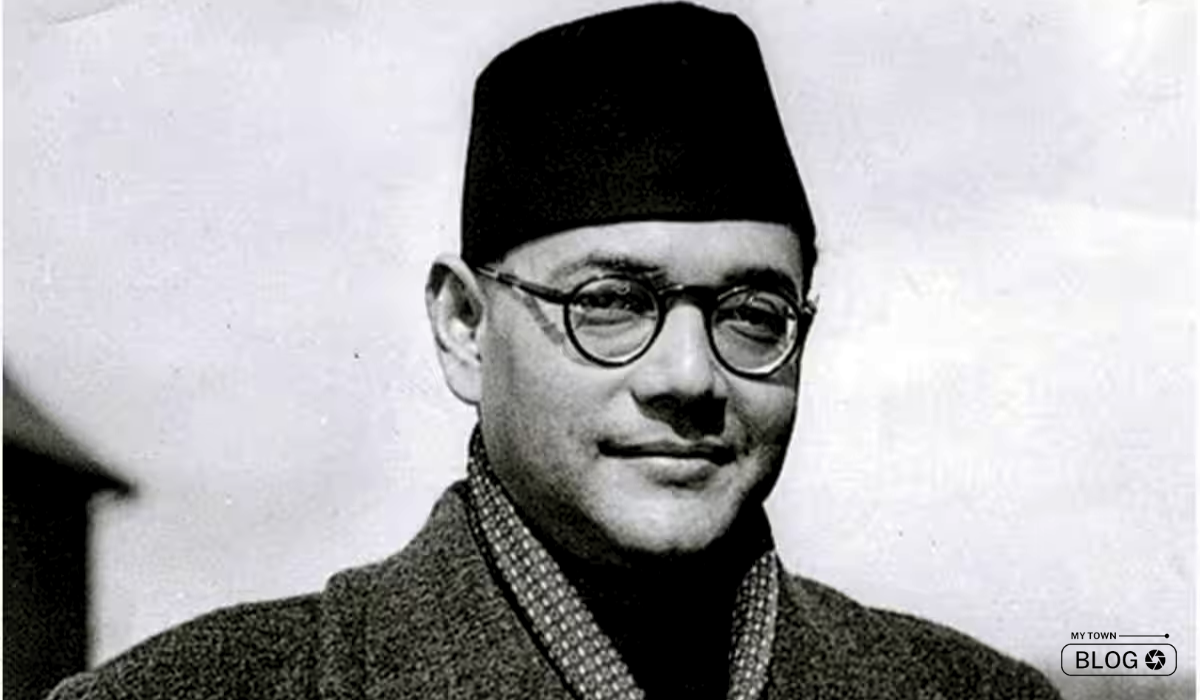Netaji Subhas Chandra Bose Jayanti, observed every year on 23 January, is a momentous occasion in India. This day, also known as ‘Parakram Diwas’ or Courage Day, pays homage to Subhas Chandra Bose, a pivotal figure in India’s struggle for independence. Born in Cuttack, Odisha, on January 23, 1897, Netaji played a crucial role in shaping the nation’s destiny and is remembered for his fearless leadership.
Early Life and Education

Growing up as the ninth child of Janakinath Bose and Prabhavati Devi, Subhas Chandra Bose displayed academic brilliance. He completed his BA in Philosophy from the Presidency College in Calcutta, demonstrating his intellectual prowess. Sent to England for the Civil Services Examination, Bose excelled, securing the highest marks in English and standing fourth overall.
A Rebel’s Path
In 1921, Bose resigned from the Indian Civil Service, signaling his entry into the freedom struggle. Moreover his confrontations with the British authorities earned him the reputation of a rebel. Moreover under the guidance of Chittaranjan Das, a prominent Congress leader, Bose became an influential figure in the Swaraj Party formed in 1922. He also took on roles such as the President of the All India Youth Congress Committee and the Secretary of the Bengal State Congress.
The Visionary Leader
Bose’s commitment to India’s independence led him to establish the Indian National Army (INA) in Southeast Asia in 1942, with support from Japan. Moreover comprising Indian soldiers captured by the British Indian army, the INA played a significant role in the struggle against colonial rule. In 1943, Netaji established the provisional government of Free India, Azad Hind, in the Andaman and Nicobar Islands, then under Japanese control.
Also Read – Understanding National Youth Day 2024 And Why It Matters
The Mystery Surrounding His Death
The legacy of Netaji Subhas Chandra Bose is marred by the mystery surrounding his death. Believed to have perished in a plane crash shortly after take-off, the circumstances remain unclear. Therefore multiple committees have been formed by the Government of India to investigate the case, reflecting the enduring intrigue surrounding the fate of this revered leader.
Conclusion
Netaji Subhas Chandra Bose’s contributions to India’s fight for independence are indelible. His courage, vision, and leadership continue to inspire generations. Moreover on this 127th Birth Anniversary, let us honor the legacy of Netaji and reflect on the sacrifices made for the freedom we enjoy today.
Frequently Asked Questions
Why is Netaji Subhas Chandra Bose Jayanti celebrated on 23 January?
Netaji was born on 23 January, and the day is commemorated to honor his birth anniversary.
What role did Netaji play in the Indian National Army?
Netaji founded and led the Indian National Army during World War II, fighting against the British.
Why did Netaji resign from the Indian Civil Service?
Netaji resigned in 1921 to actively participate in the freedom struggle against British rule.
Who mentored Netaji in his political career?
Netaji was mentored by Chittaranjan Das, a prominent Congress leader.
What is the significance of ‘Parakram Diwas’ in Netaji’s context?
‘Parakram Diwas’ translates to Courage Day and is celebrated in honor of Netaji’s fearless leadership.
When and where was the provisional government of Free India established?
Netaji established the provisional government in Andaman and Nicobar Islands in 1943.
What does the title ‘Netaji’ mean?
‘Netaji’ translates to ‘Revered Leader’ in Hindi.
How did Netaji contribute to the Swaraj Party?
Netaji played a significant role in the Swaraj Party formed by Chittaranjan Das and Motilal Nehru in 1922.
Netaji Subhas Chandra Bose Jayanti – a day to remember, reflect, and revere the exemplary leader who shaped India’s destiny.








